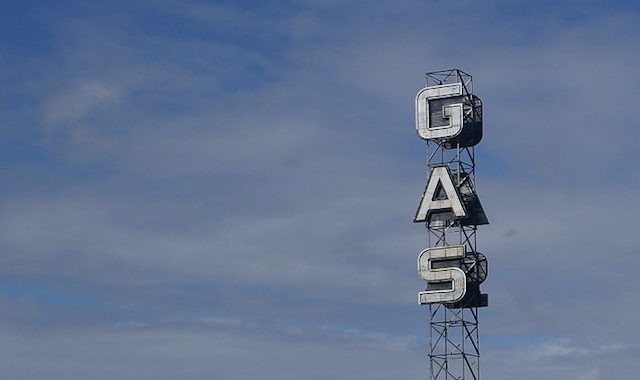With big delays in legislative activity due to coronavirus and a need to focus on economic recovery, it would seem it’s a specifically bad time to impose anti-free market policies.
Yet, a bill in the Ohio House of Representatives would create “a nonrefundable income tax credit for the retail sale of high-ethanol blend motor fuel.” In other words, government wants to push more ethanol on consumers, to the point of promoting fuel that damages cars.
House Bill 400 would create a credit on the purchase of E15 motor fuel, which contains at least 50% more ethanol than the standard E10 gasoline. E15 contains between 15% to 85% ethanol and is known to cause damage to car engines and fuel systems.
Why distort the market to push fuel most cars can’t handle? In theory, it is to help the environment…
Most ethanol in gas today is a result of the 1990 Clean Air Act, and the Renewable Fuel Standard (RFS) set forth in the Energy Independence and Security Act of 2007. These bills, while well intentioned, have serious flaws and are based on outdated assumptions about U.S. energy production. For example, the unanticipated US energy renaissance has resulted in the US being a net exporter of refined petroleum products. As a result, the best thing for government to do is to get out of the way and let free market principles guide the industry forward.
HB 400 has government picking winners and losers without good reason, in what should be a competitive market. Imagine the government is incentivizing Skittles over M&M’s, they shouldn’t do that as a matter of principle, and if they do, they better have good reason.
There isn’t good reason for HB 400.
